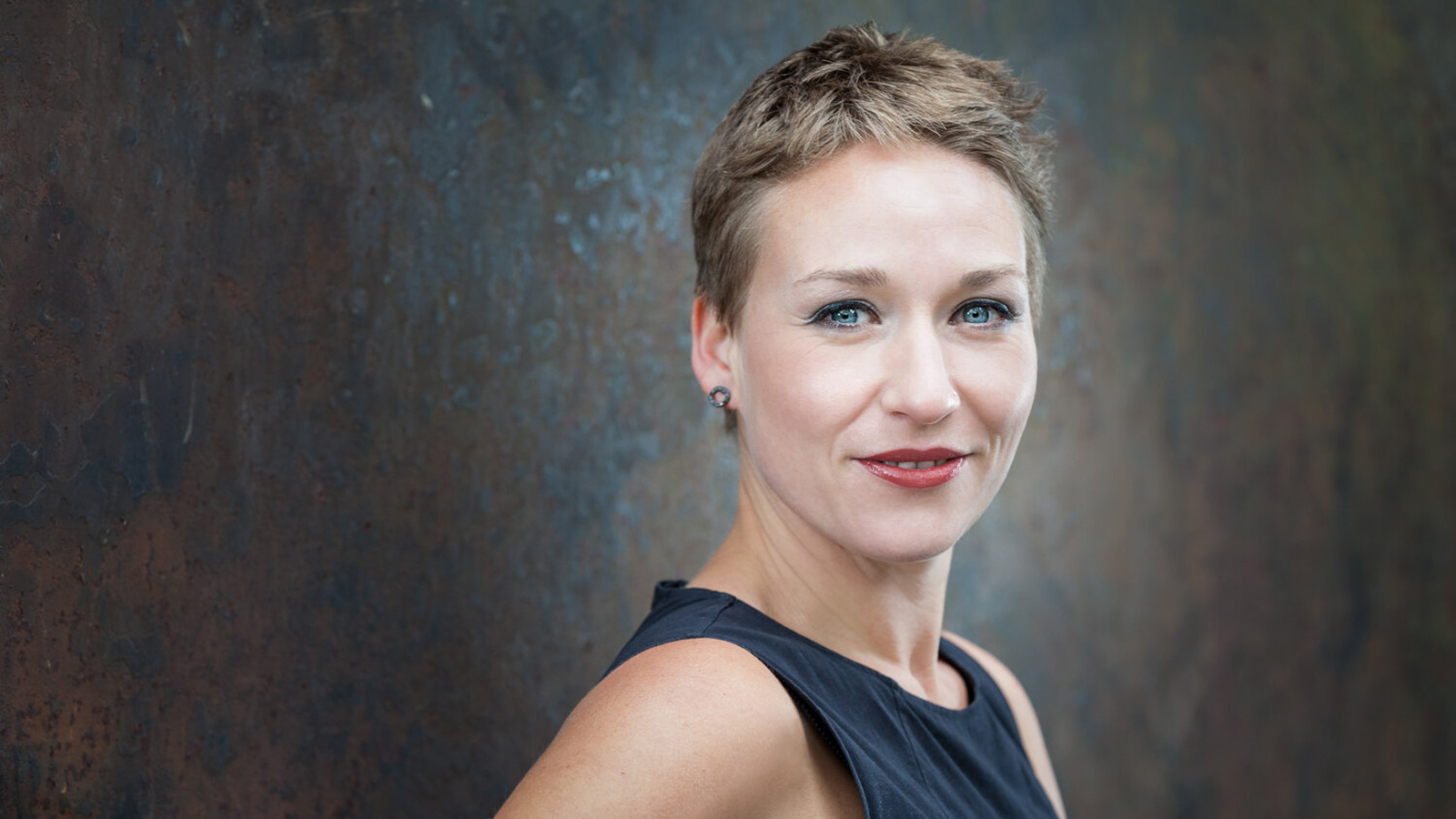Christmas Oratorio
Gulbenkian Orchestra and Choir
Event Slider
Date
- / Cancelled / Sold out
Location
Grand Auditorium Calouste Gulbenkian FoundationPricing
25% – Under 30
10% – Over 65
Cartão Gulbenkian:
50% – Under 30
15% – Over 65
- Conductor
- Soprano
- Mezzo-soprano
- Tenor
- Baritone
-
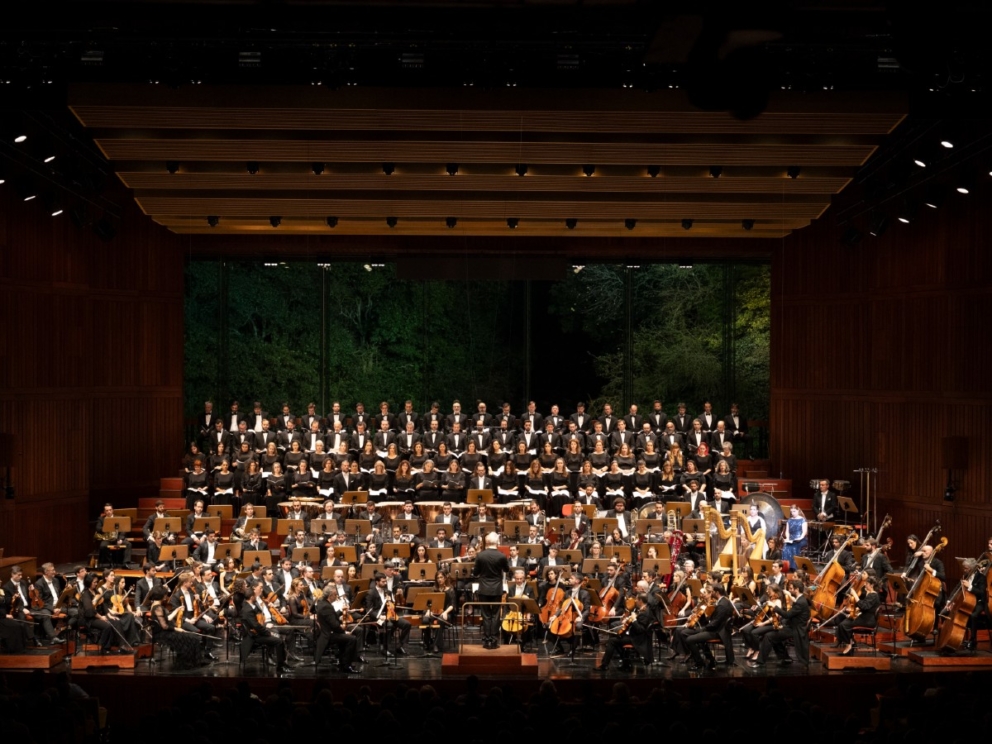
Gulbenkian Choir
Coro Gulbenkian was founded in 1964 by the Calouste Gulbenkian Foundation as a full symphonic body of around 100 singers. The choir joins the Orquestra Gulbenkian and other orchestras to perform Classical, Romantic and Contemporary choral-symphonic repertoire, but can also perform a cappella. It has performed – and often premiered – many 20th century works by Portuguese and international composers.
Coro Gulbenkian has been invited to collaborate with major international orchestras, under the direction of conductors such as Claudio Abbado, Colin Davis, John Nelson, Emmanuel Krivine, Esa-Pekka Salonen, Frans Brüggen, Franz Welser-Möst, Gerd Albrecht, Michael Gielen, Michael Tilson Thomas, Rafael Frübeck de Burgos, René Jacobs and Leonard Slatkin, among others.
Besides its regular season of concerts in Lisbon and frequent national tours, Coro Gulbenkian has repeatedly toured Argentina, Belgium, Brazil, Canada, Denmark, France, Germany, Hungary, India, Iraq, Israel, Italy, Japan, Macao, Malta, Monaco, Netherlands, Spain, the United Kingdom, the United States of America and Uruguay.
Coro Gulbenkian has recorded extensively for Philips, Deutsche Grammophon, Erato, Cascavelle, Musifrance, as well as FNAC-Music, performing a wide range of repertoire, from Early-Renaissance polyphony to Xenakis. Several of these albums received international awards.
Michel Corboz was the Principal Conductor between 1969 and 2019. Jorge Matta and Inês Tavares Lopes are currently the Associate and Assistant conductors, respectively.
-
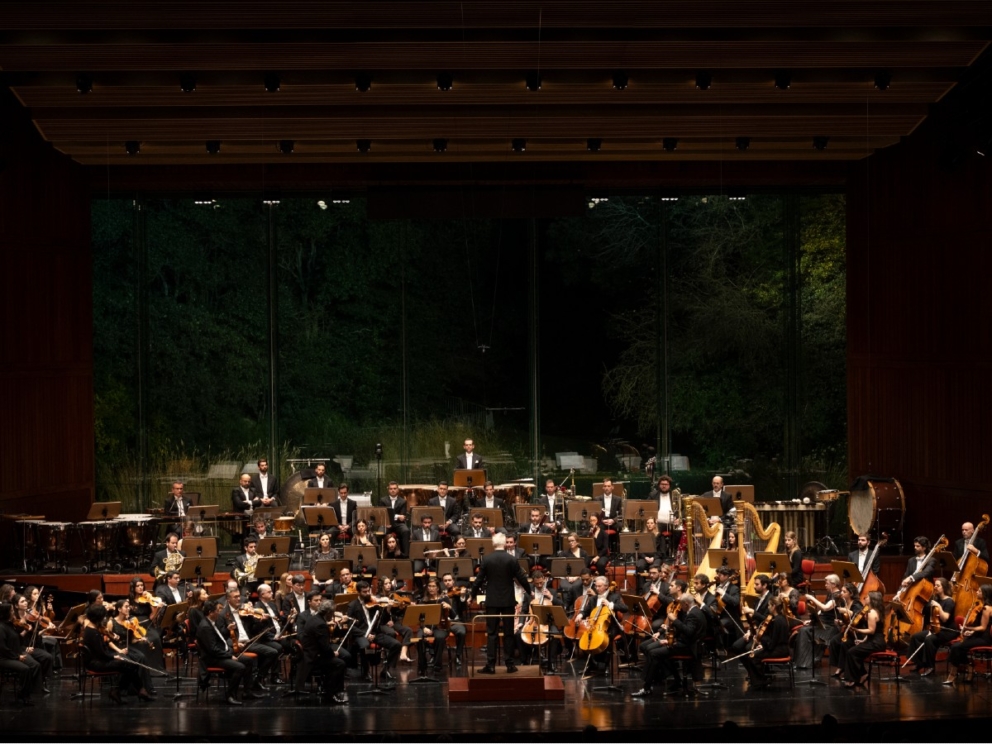
Gulbenkian Orchestra
In 1962, the Calouste Gulbenkian Foundation decided to establish a permanent orchestral ensemble. Originally with only twelve musicians (strings and continuo) it was named “Orquestra de Câmara Gulbenkian”. This collective was successively enlarged and today the “Orquestra Gulbenkian” (the name it has adopted since 1971) has a permanent body of sixty instrumentalists, a number that can be expanded depending on the repertoire.
This structure allows the Gulbenkian Orchestra to interpret works from the Baroque and Classical periods, a significant part of 19th century orchestral literature and much of the music of the 20th century, including works belonging to the current repertoire of the traditional symphonic orchestras. In each season, the orchestra performs on a regular series of concerts at the Gulbenkian Grand Auditorium in Lisbon, where it has had the opportunity of working together with some of leading names of the world of music (conductors and soloists). It has also performed on numerous locations all over Portugal, in an effort to decentralize music and culture.
The orchestra has been constantly expanding its activities in the international level, performing in Europe, Asia Africa, and the Americas. In the recording field, Orquestra Gulbenkian is associated to labels as Philips, Deutsche Grammophon, Hyperion, Teldec, Erato, Adès, Nimbus, Lyrinx, Naïve and Pentatone, among others, and this activity was recognized with several international prizes.
-
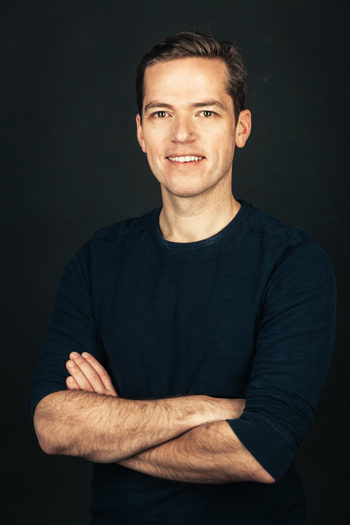
Florian Helgath
Conductor
Florian Helgath has established himself as one of the leading choral conductors of the younger generation. As artistic director and conductor of ChorwerkRuhr and the Zürcher Sing-Akademie, he shaped the ensembles into top international choirs of the highest calibre, both with cappella music as well as in the field of choral symphonies.
From 2009 to 2015 Florian Helgath conducted the Danish Radio Choir in Copenhagen and led the Via Nova Choir Munich from 2008 to 2016. With this ensemble he has conducted numerous world premieres and has been awarded national and international prizes.
Florian Helgath is a regular guest with the RIAS Kammerchor, Chor des Bayerischen Rundfunks, SWR Vokalensemble, MDR Rundfunkchor, Norwegian Soloists' Choir, Netherlands Radio Choir and Flemish Radio Choir.
He has also worked with orchestras such as the Gulbenkian Orchestra Lisbon, Zurich Chamber Orchestra, Aarhus Symphony, South Denmark Philharmonic, Stavanger Symphony, Brussels Philharmonic, Odense Symphony, Münchner Rundfunkorchester, WDR Orchestra, Munich and Bochum Symphony Orchestra, Dortmund and Duisburg Philharmonic Orchestra as well as Ensemble Resonanz.
In the field of historical performance practice he has realized projects with Freiburg Barockorchester, Orchestra La Scintilla of the Zurich Opera, Concerto Köln, Akademie für Alte Musik Berlin and B'Rock Orchestra.
Engagements led him to major concert halls and festivals such as Berlin Festspiele, Schwetzingen Festspiele, Bachfest Leipzig, Donaueschingen Musiktage, Eclat Festival Neue Musik Stuttgart, Thüringen Bachwochen, BR Musica Viva, ION Nuremberg and partitularly to Ruhrtriennale with contemporary opera performances and numerous manifold projects. In addition to a cappella projects, Florian Helgath focusses on performances of choral symphonic and symphonic repertoire.
Florian Helgath's discography includes numerous highly acclaimed albums such as Carré/Chorbuch with ChorwerkRuhr on the Coviello Classics label (Preis der deutschen Schallplattenkritik 2022), the album Geistliche Gesänge with works by J.S. Bach, Reger, Knut Nystedt with the MDR Rundfunkchor (ICMA Award 2017) or Da Pacem: Echo of the Reformation with the RIAS Kammerchor and Capella de la Torre (ECHO Klassik 2017). The album of Tigran Mansurian's Requiem with the RIAS Kammerchor with Munich Chamber Orchestra by ECM Records was nominated for a Grammy in 2018 (Best Choral Performance).
In October 2020, Florian Helgath was appointed as professor of Hochschule für Musik und Tanz in Cologne.
Florian Helgath gained his first musical experience with Regensburg Domspatzen and at Hochschule für Musik und Theater Munich. Michael Gläser, Stefan Parkman and Dan Olof Stenlund were among his important teachers who had a decisive influence on his development as a conductor. Further important steps in his career was international success as a prize-winner in competitions such as the Eric Ericson Award 2006, the Competition For Young Choral Conductors 2007 in Budapest and the Choral Conductors' Forum of Bavarian Radio 2007.
-
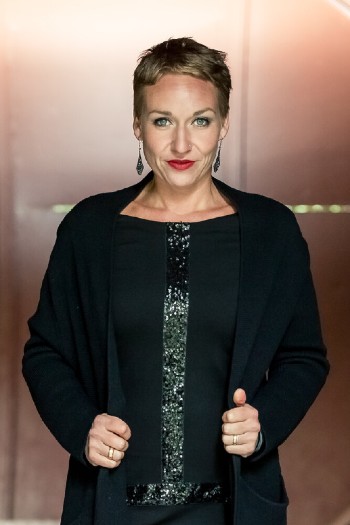
Johanna Winkel
Soprano
Johanna Winkel initially gained an excellent reputation in the Early Music scene and has since consistently been expanding her stylistic range to include Romantic and Modern repertoire. In concert she has sung with musicAeterna conducted by Teodor Currentzis, the Bonn Beethoven Orchestra conducted by Christof Prick, the Swedish Radio Symphony Orchestra and Peter Dijkstra, the Cologne WDR Symphony Orchestra and Simon Halsey, Trevor Pinnock, Václav Luks, Jeffrey Tade, Frieder Bernius, Sylvain Cambreling, Alexander Liebreich, Howard Arman, Hans-Christoph Rademann, with the Berlin Konzerthaus Orchestra and Iván Fischer and many more.
Johanna Winkel also appears regularly on the opera stage. After already having performed the roles of Mimi, Donna Elvira and Micaela during her studies, she went on to sing the roles of Alcina (Handel, Alcina), Rosalinde (J. Strauss, Die Fledermaus), Agathe (Weber, Der Freischütz) and Leonore (Beethoven, Fidelio) at prominent opera houses in Germany to great success. Gerhilde in Wagner’s Die Walküre marked her début at the Salzburg Easter Festival under the baton of Christian Thielemann in 2017 and she subsequently repeated this role with the Hong Kong Philharmonic Orchestra conducted by Jaap van Zweden and at Semperoper Dresden. After her first performances in 2016, Beethoven’s Leonore as become one of her signature roles and she has reprised it at the 2018 Styriarte Festival under the baton of Andrés Orozco-Estrada and in 2020 with Wroclaw Boroque Orchestra under the baton of Jos van Immerseel.
Johanna Winkel has contributed as a soloist to numerous prizewinning recordings. Her CD releases include Louis Spohr’s Die letzten Dinge with the Bremen Kammerphilharmonie, Schoenberg’s Moses und Aron with the SWR Symphony Orchestra, works by Mendelssohn with the Bavarian Radio Choir and Zemlinsky’s Lyric Symphony with the Polish National Radio Symphony Orchestra.
-
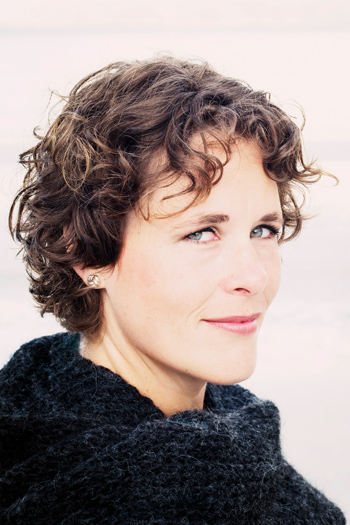
Marianne Beate Kielland
Mezzo-Soprano
Marianne Beate Kielland is established as one of the foremost singers of Europe and is the only Norwegian singer to have received a US Grammy nomination in the category «Best Vocal Classical Album». The versatile mezzo-soprano started her international career as an ensemble member of the Staatsoper Hannover, and since then she has been working frequently with leading orchestras and ensembles and enjoying a vast concert repertoire spanning from early 17th century works through to Classical, Romantic and the contemporary eras.
She has appeared with major orchestras and ensembles including Wiener Symphoniker, Oslo Philharmonic, Bergen Philharmonic, Gulbenkian Orchestra, Belgian National Orchestra, Liverpool Philharmonic, Norwegian Radio Orchestra, Gothenburg Symphony, Swedish Chamber Orchestra, Moscow Chamber Orchestra, Budapest Festival Orchestra, NDR Radiophilharmonie Hannover, Dutch Radio Orchestra, Orchestra of the 18th century, Iceland Symphony, Mahler Chamber Orchestra, Royal Flemish Orchestra, Akademie für alte Musik Berlin, Concerto Köln, Europa Galante, Les Talens Lyriques, RIAS Kammerchor, Anima Eterna, Le Concert des Nations, Collegium Vocale Gent and Bach Collegium Japan; and has worked with such distinguished conductors as Herbert Blomstedt, Leonardo Alarcon, Rinaldo Alessandrini, Fabio Biondi, Thomas Dausgaard, Fabio Luisi, Michel Corboz, Juanjo Mena, John Fiore, Philippe Herreweghe, Manfred Honeck, René Jacobs, Andrew Manze, Marc Minkowski, Vasily Petrenko, Daniel Reuss, André de Ridder, Helmut Rilling, Christophe Rousset, Jukka-Pekka Saraste, Jordi Savall, Masaaki Suzuki, Thomas Søndergård and Robin Ticciati.
Kielland is also in great demand for Baroque operatic roles including Dido in Dido and Aeneas by Purcell, Merope in Vivaldi's Oracolo in Messenia (an extensive tour with Europa Galante), Messaggiera and Proserpina in Monteverdi’s Orfeo, Fernando in Attilio Ariosti’s La Fede nei tradimenti, Apollo in Handel's Terpsichore, Ercole in Caldara’s Il piu bel nome, Monteverdi's Il Combattimento di Tancredi e Clorinda and Aronne in Francesco Nicolò Fago’s Il Faraone Sommerso. She has also appeared as Fricka in Wagner’s Das Rheingold.
Kielland has made more than 50 CD recordings of oratorios, operas, cantatas and songs by Bach, Handel, Vivaldi, Caldara, Scarlatti, Beethoven, Schumann, Mahler, Mussorgsky, Martin, Chausson, Korngold, von Suppé, Schönberg, Webern, Berg and Sigurd Islandsmoen. In 2012 she was nominated to a GRAMMY Award in the category Best Classical Vocal Solo for the album Veslemøy Synsk, which features works by composers Edvard Grieg and Olav Anton Thommesen. She performs regularly with pianist Nils Anders Mortensen and the duo has appeared in Norway, Germany Estonia, Russia and Finland. She has also appeared with pianists such as Leif Ove Andsnes, Pascal Roge, Jean-Efflam Bavouzet, Lise de la Salle and Jos van Immerseel.
-
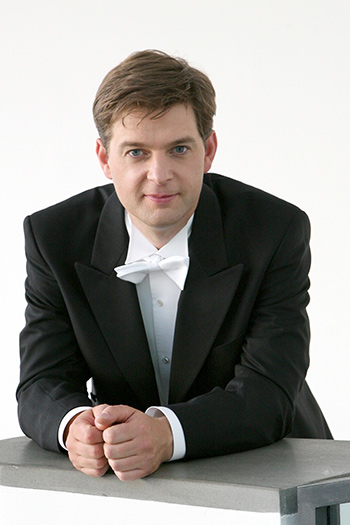
Tilman Lichdi
Tenor
Tilman Lichdi has established himself as one of the most important concert and song interpreters, particularly as the Evangelist in Bach's oratorios and passions. Lichdi has sung concerts in Europe, the USA, Australia, South America, and Asia with conductors such as Ton Koopman, Thomas Hengelbrock, Martin Haselböck, Peter Dijkstra, Frieder Bernius, Christoph Perick, Bernard Labadie, Marcus Bosch, Hervé Niquet, Hartmut Haenchen, Kent Nagano, Christoph Poppen, Claus Peter Flor, Michail Pletnev, Michel Corboz, Hans-Christoph Rademann, Teodor Currentzis, and Herbert Blomstedt.
Among the many recordings with Tilman Lichdi, two recordings of Schubert's song cycles are particularly noteworthy: "Die schöne Müllerin" and "Die Winterreise," both in a new Arrangement for voice and guitar. In addition to his international performances, he is currently serving as a substitute professor for vocal studies at the Academy of Music in Darmstadt.
From 2005 to 2013, Tilman Lichdi was a permanent member oft Thema Ensemble at the State Theater in Nuremberg. There, he embodied roles such as David and Steersman in Wagner's "Die Meistersinger" and "The Flying Dutchman," Tamino, Ferrando, Belmonte, Don Ottavio, Count Belfiore in Mozart's "The Magic Flute," "Cosi fan tutte," "The Abduction from the Seraglio," "Don Giovanni," "La finta giardiniera," and Count Almaviva in Rossini's "Il Barbiere di Siviglia." Tilman Lichdi is the recipient of the Richard Strauss Plaque and the Bavarian Art Promotion Prize 2012 in the performing arts.
Tilman Lichdi grew up near Heilbronn and received his first vocal training at the age of 18 from Alois Treml (State Theater Stuttgart). However, he initially studied trumpet for 4 years with Prof. Günther Beetz in Mannheim and then switched to vocal studies with Prof. Charlotte Lehmann in Würzburg in 1999, which he completed with distinction.
-
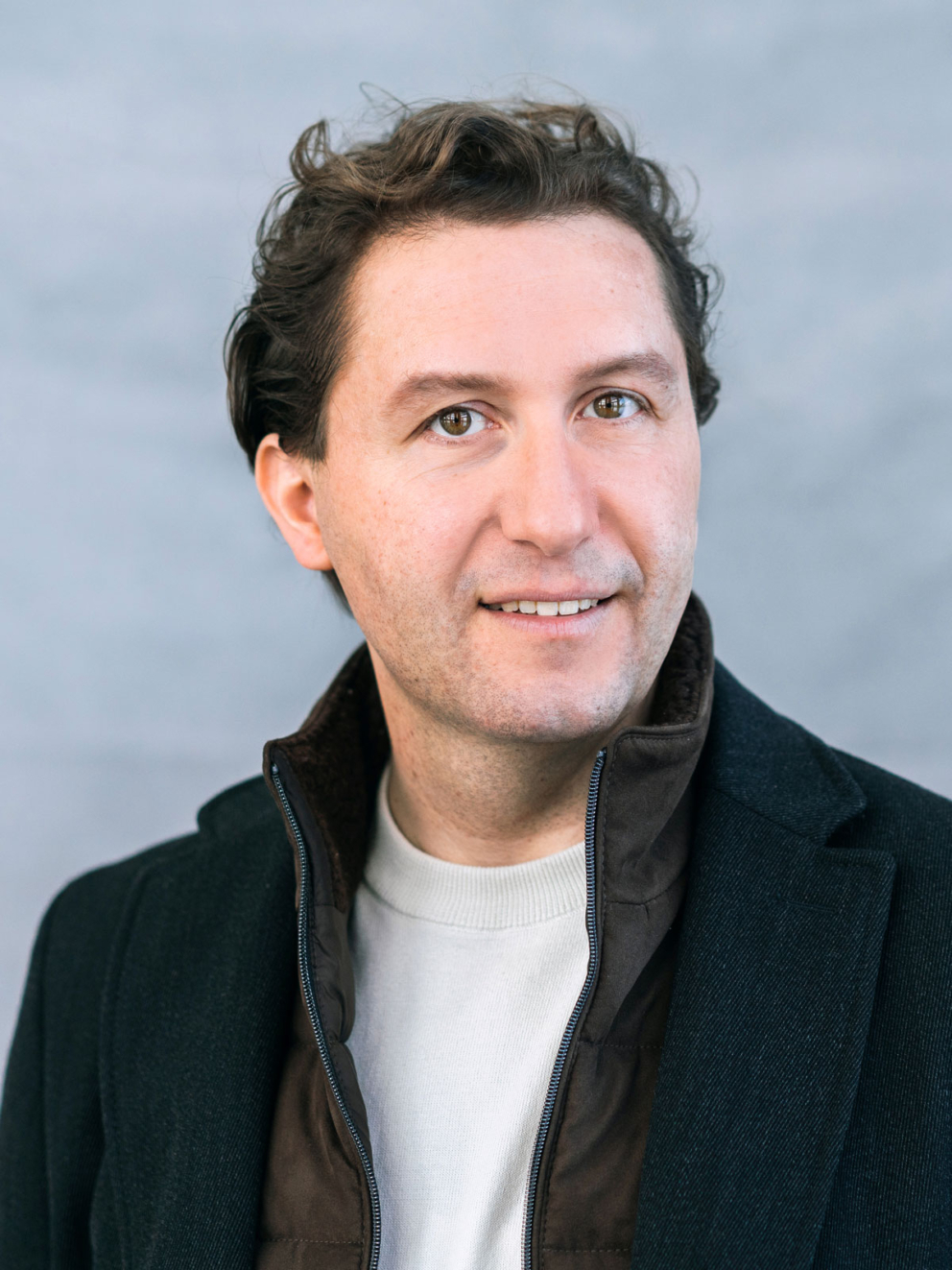
Krešimir Stražanac
Bass-Baritone
Opera, concert, song - the Croatian bass-baritone feels at home in all three genres. At the age of 24, he became a permanent member of the Zurich Opera House ensemble for several seasons. In the 2021/2022 season, he made his debut in the title role of Orpheus (Telemann's "Orpheus") under the direction of René Jacobs in a European tour that concluded at the Gran Teatre del Liceu in Barcelona. He also made his debut as Ruggiero (Francesca Caccini's "La Liberazione di Ruggiero") at the Theater an der Wien. His opera repertoire also includes roles such as Baron Tusenbach (Eötvös' "Three Sisters"), Creon (Stravinsky's "Oedipus Rex"), Ping (Puccini's "Turandot"), Harlequin (Strauss' "Ariadne auf Naxos") and St. Peter (Carl Orff's "Der Mond"), with which he was invited to renowned opera houses such as the Bayerische Staatsoper and the Frankfurt Opera.
A highlight of the 2022/2023 season will be his engagement as Ambrosio (Carl Maria von Weber's "Die drei Pintos") with the Leipzig Gewandhaus Orchestra.
As a concert soloist, Krešimir Stražanac regularly appears with leading orchestras in Europe and the Far East, performing major works ranging from Baroque to contemporary music. In 2022 he will make his debut at the Bach Festival in Montréal under Masaaki Suzuki. Important collaborations include those with Philippe Herreweghe, the Concertgebouw Orchestra Amsterdam, the Bavarian Radio Symphony Orchestra and the Staatskapelle Dresden. In April 2023, he will make his debut with the Berlin Philharmonic under Kirill Petrenko.
His discography now includes more than 20 concert and opera releases.
Johann Sebastian Bach
Christmas Oratorio, BWV 248
(Cantatas I and II)
— Intermission 20 min —
Johann Sebastian Bach
Christmas Oratorio, BWV 248
(Cantatas V and VI)
The return of the German conductor Florian Helgath, one of the most outstanding new virtuosos, namely in the approach to choral repertoire. With acclaimed stints with the Danish National Choir and Munich’s Via Nova Choir, the current director of the Chorwerk Ruhr returns to the Grand Auditorium to conduct four cantatas from the magnificent Christmas Oratorio, one of J. S. Bach’s most striking works. The Christmas Oratorio was composed to accompany the days of Christmas celebrations in 1734, also citing some of the most sublime sacred works that Bach had created years earlier.
Sponsor Gulbenkian Music
The Calouste Gulbenkian Foundation reserves the right to collect and keep records of images, sounds and voice for the diffusion and preservation of the memory of its cultural and artistic activity. For further information, please contact us through the Information Request form.
